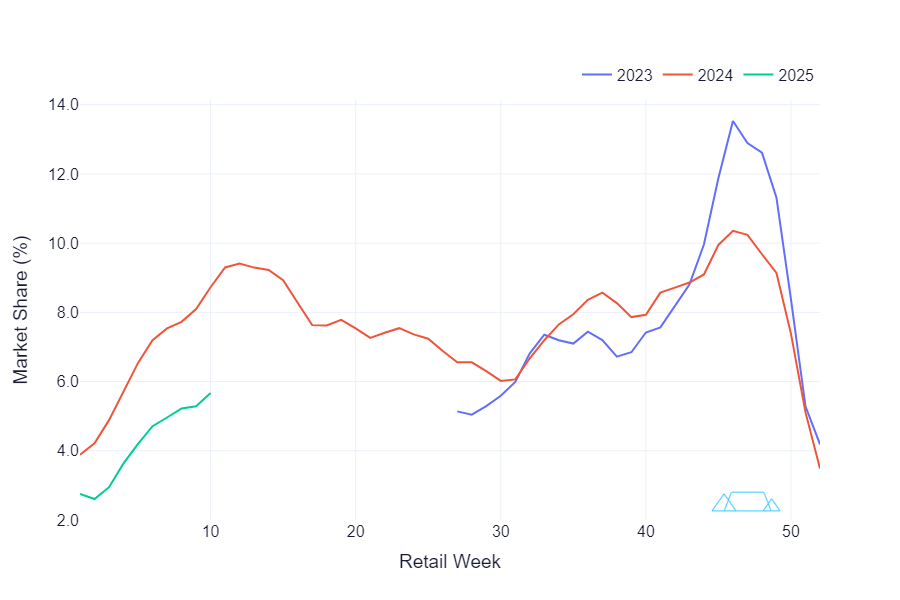A fraud warning over instant electronic funds transfers (EFTs) has been issued by Standard Bank, as per a Business Tech report. The bank says that, while cloud-based banking adds convenience, it also introduces new vulnerability to the financial system.
Fraud warning about instant EFT payments
Many customers and businesses enjoy the convenience of making payments that reflect immediately. However, Ontiretse Modise, Head of Cash Management in Transaction Banking at Standard Bank CIB, told Business Techthat these payments can be risky.�
Modise highlighted instant EFTs and Payshap as two services that are vulnerable to banking fraud in the era of cloud-based services. PayShap is an instant interbank digital payment service that has become popular. �
Why instant payments are especially vulnerable to banking fraud
This latest fraud warning comes at a time when customers are regularly using instant EFTs on e-commerce sites. According to the South African Reserve Bank (SARB), this payment option involves screen scraping. This process allows third parties to access bank account data and automate actions on behalf of a consumer, using that person’s online banking access credentials.�
This means that third-parties may have access to your banking log–in details, as you won’t be able to tell if a website has stored your credentials.�
Furthermore, SARB previously issued a fraud warning highlighting so-called “rogue entities”. These are websites run by scammers under the guise of an e-commerce store that then use instant EFTs to gain access to your bank account. They can access your funds or sensitive data that allows debit orders to be fraudulently processed.�
Customers partially liable for fraudulent instant EFTs
SARB cautioned in 2020 that instant EFTs are irreversible and that customers cannot dispute fraudulent transactions. The fraud warning is all the more important because customers can even be responsible for interest payments, if the payment was made from their credit card account or overdraft facilities.
In some cases, using the instant EFT function may also go against a bank’s terms and conditions, leaving the customer further unprotected against such banking fraud.
Fraud warning: How to protect yourself
As new banking fraud scams emerge, Standard Bank insists it is investing in better cybersecurity. It also encourages its clients to improve fraud detection. “This collaboration helps us stay ahead of emerging threats and ensures that we’re providing the best possible protection for our customers,” Modise told Business Tech.�
Previously, SARB issued the following advice about instant EFTs:
- Be vigilant and contact your bank for advice before proceeding with something just because it is convenient
- Use industry-supported solutions, like making payments with your debit or credit card
- Do not share your Internet banking logon credentials with any third party
Will you continue to make instant EFTs after this fraud warning?
Let us know by leaving a comment below or send a WhatsApp to 060 011 0211.
Subscribe to The South African website’s newsletters and follow us on WhatsApp, Facebook, X, and Bluesky for the latest news.














